After exploring Japan’s mysterious underwater ‘pyramid,’ the diver has claimed that the structure is ‘not natural.
Diver Claims It’s ‘Not Natural’ After Exploring Japan’s Mysterious Underwater ‘Pyramid’
The divers and scientists were intrigued by Japan’s underwater ‘pyramid,’ located off the coast of the Ryukyu Islands.
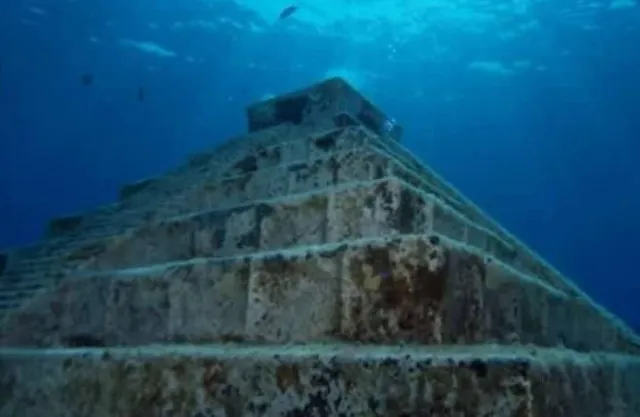
They made several discoveries about this mysterious structure.
The Yonaguni Monument, as it is also known, continues to spark debates about its origins.
A recent diver’s exploration of the site has added a new layer of mystery to this underwater formation.
Discovery of the Yonaguni Monument
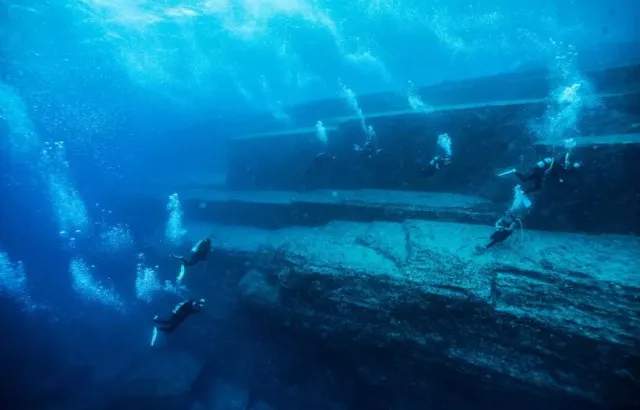
In 1987, diver Kihachiro Aratake stumbled upon what is now referred to as the Yonaguni Monument.
He discovered it while exploring the ocean floor near Yonaguni Island in Okinawa.
The structure, resembling a massive pyramid, was initially discovered by Aratake. He described the find as a potential treasure for the island.
He kept his discovery secret until he could verify its significance.
The Yonaguni Monument is approximately 50 meters long and 20 meters wide.

It featured distinct flat surfaces and spiraling steps.
Due to its size and unusual shape, it has been nicknamed ‘Atlantis’ by some locals.
Diver shared his experience of Japan’s mysterious underwater ‘Pyramid'”
Kenzo Watanabe, another diver who visited the site, described his experience as overwhelming.
Speaking to the BBC, Watanabe expressed his belief that the structure is ‘not natural.’
He was particularly struck by the monument’s flat surfaces and symmetrical shapes.
He feels these features suggest human craftsmanship rather than a natural formation.
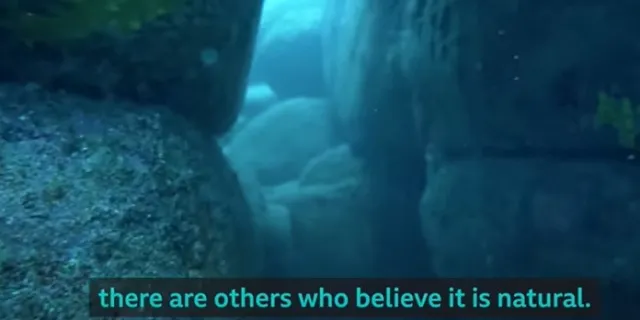
Watanabe noted that the site’s mysterious nature prompted him and his fellow divers to explore it while they still had the chance.
They feared potential restrictions if the site were officially designated as an archaeological site.
Scientific debate about Japan’s mysterious underwater ‘Pyramid’
Despite diver opinions suggesting human involvement, the scientific consensus leans towards the Yonaguni Monument being a natural formation.
Researchers propose that the structure could be thousands of years old.
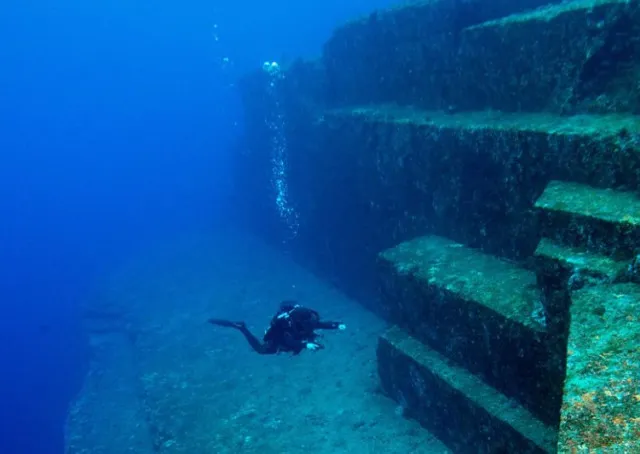
It shaped over time by underwater currents and tectonic activity, especially given the region’s seismic activity.
Scientists continue to study the monument to understand its origins better.
The debate remains open regarding the origin of the structures.
Ongoing investigations are trying to determine whether they were formed naturally or by ancient human activity.
The Yonaguni Monument remains a captivating subject for both enthusiasts and scientists.
Some believe the underwater ‘pyramid’ might be a relic of an ancient civilization.
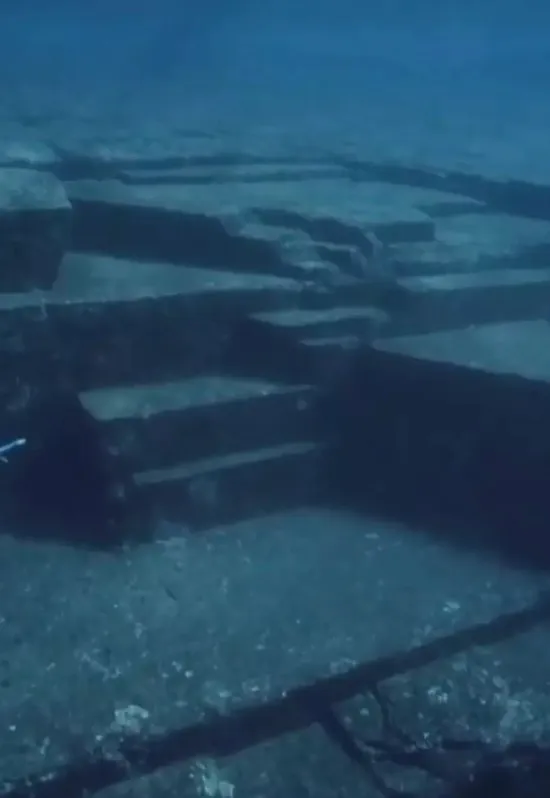
However, others argue that natural forces are responsible for its unique features.
As research continues, the monument’s true origins will hopefully be unveiled.
Additionally, It also shedder to light on one of the ocean’s enduring mysteries.